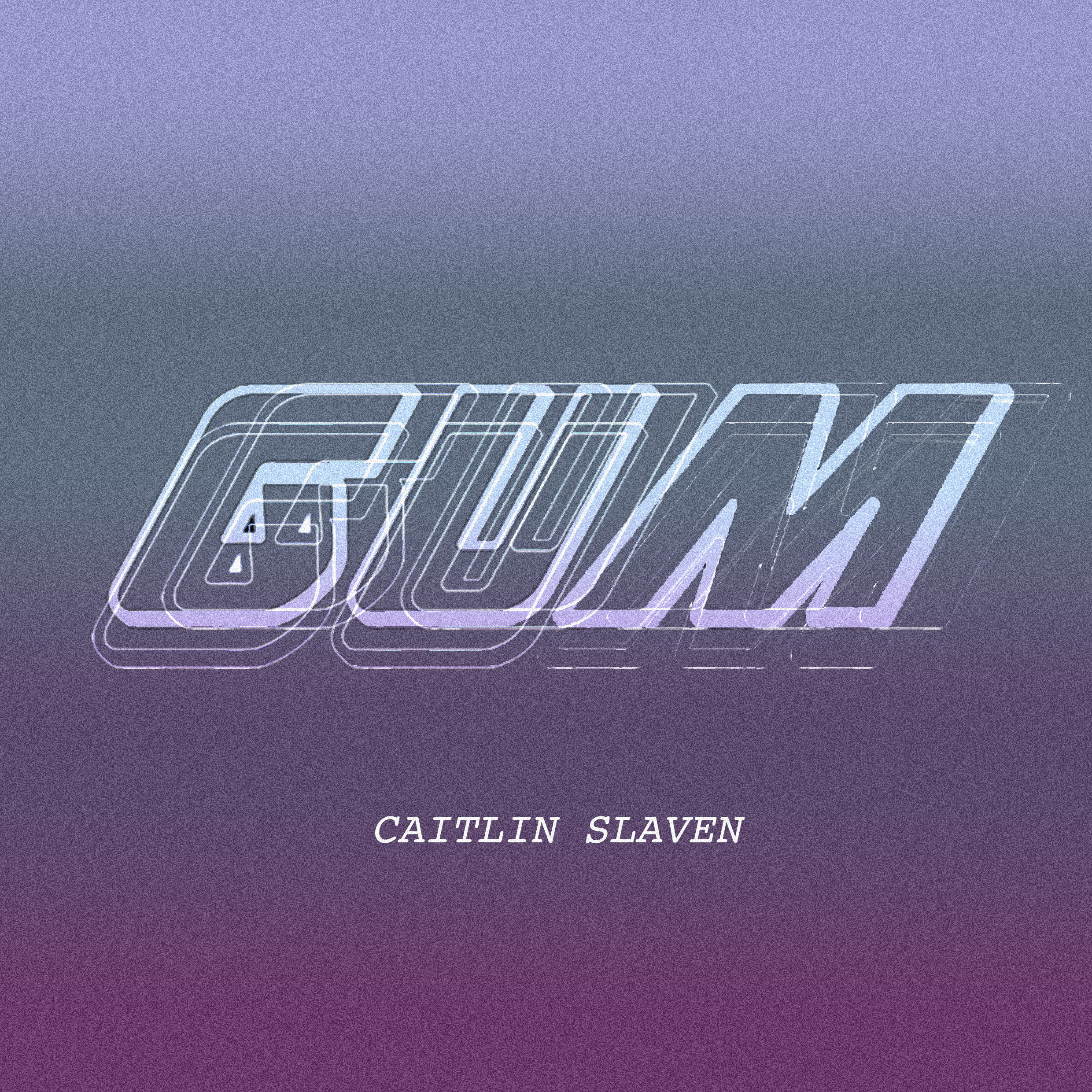Words: Caitlin Slaven (she/her)
This article features in our third print issue of the year, Ashes to Ashes.
My partner has a habit of tracing the fine lines on my face.
‘I know exactly what you’re going to look like when you’re older,’ They say, drawing their fingertips over my
forehead. ‘I can see it.’
Sat together in the morning, through the steam curling slow off my tea mug, my partner looks into my face and
finds the skull behind it. Memento mori.
I like the English translation of memento mori. Remember you must die. It makes it sound almost like a chore,
something that easily slips the mind, something called after you as you rush out the front door. Remember your
coat. Remember you have to return that book to the library. Remember you must die. Your keys!
This is where I find death at its most comfortable: somewhere between ‘wash sheets’ and ‘post letter’ on the to-
do list, or tumbled into the mass of hand balm, lanyards, earphone wires and expired subway tickets at the
bottom of a bag. Reminders and reenactments of death rush in with the crowd unsorted, shoulder-to-shoulder
with infancy, paternity, hunger, and seasons with no rope or frame for distinction.
The light that gleams on the skull’s brow is a perfect curl of silver, but I see first the museum light where it lays
in the paint. The rich black cradled like treacle in a vacated socket, the droop of a delicately wilting flower, the
crook of the skeleton’s beckoning finger: these depictions of memento mori are beautiful, but there is an
interpretation gap, the space between me and the canvas held open by the rope which is bridged by the call
through the door. Remember! I can look upon the dense macabre, but it’s the sudden stab of pain down my left
side that makes me sweat. You must remember to change the water and dispose of the dead blooms in the
vase. Buy milk!
Death is mundanity and enacts itself in the seams of the day. Memento mori is daybreak and nightfall, the fail of
my arm the day after climbing and the leap of my heart as my body disobeys me and gives to gravity that’s
never felt so undeniable before.
And what of life? Memento vivere? It’s in the ache of my feet after walking the gallery, the pull of muscle away
from bone when I fall, and the bruising that follows. Remember, you are an organic thing that heals. Remember
to buy cream. Remember, there’s a birthday next week so buy a card (and sign it from the two of us.)
Remember, your favourite tea is on sale so buy a couple boxes. Remember your umbrella. Bread! I forgot bread!
And where is the difference? Is Hogmanay about the year past or the year to come? Are funerals about the dead
or the drunk? I cannot see a frame, or light on the paint.
Sat together in the morning, over the tea mugs and olive bread on the table, my partner looks at me and
remembers to die. They see where my cheeks will one day cave, the flesh that will go. And they say,
‘I can see you in your old age,’
I drink my tea.
‘Remember to buy tomatoes.’

